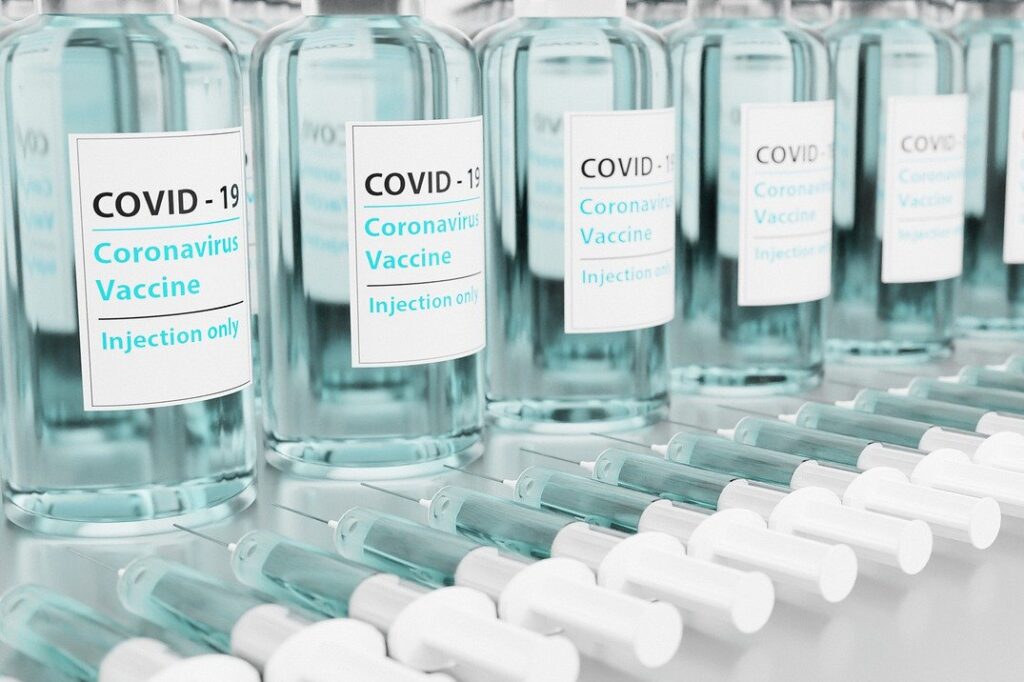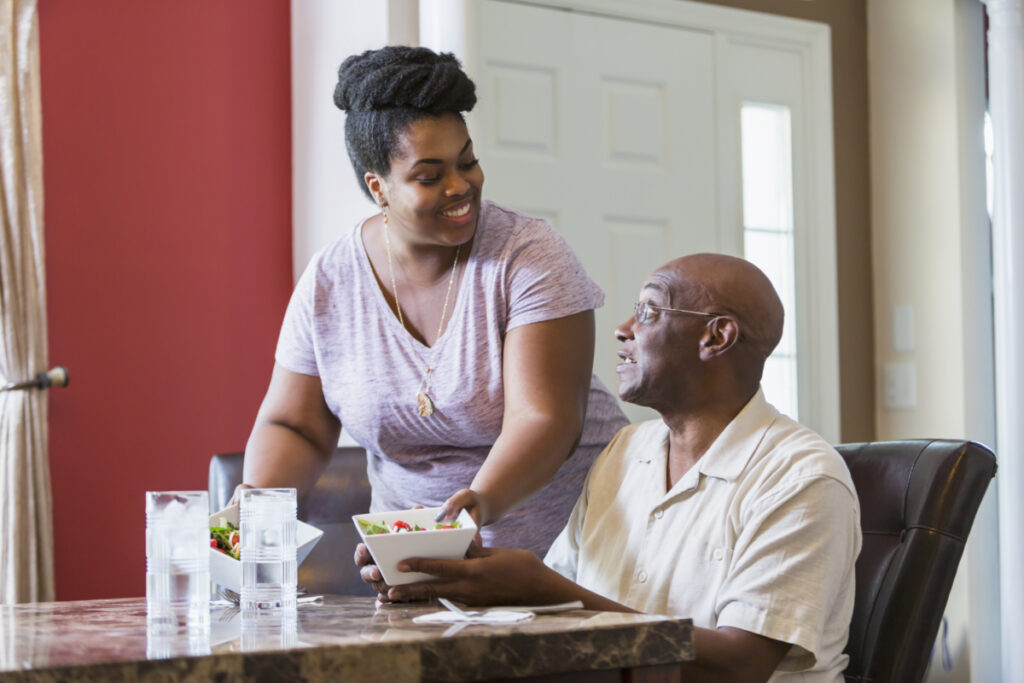People with substance use disorders (SUD) who are experiencing housing instability or homelessness are particularly at risk during the COVID-19 pandemic, leaving states challenged more than ever to identify effective housing strategies that can simultaneously address the complex treatment needs of people with SUD while also curbing the spread of COVID-19 in congregate settings.
Addressing the needs of homeless individuals with SUD during the pandemic requires states to involve partners at various levels. Below are some of the collaborative and successful strategies states are taking to protect and support particularly at-risk individuals.
Access to affordable, safe housing is a critical social determinant of health.
• People without stable housing experience significantly higher rates of both physical and mental illness.
• Investments in affordable housing programs lead to health care cost savings and better health outcomes.
Separate, quarantine, and isolate. Massachusetts, through its COVID-19 Response Command Center, has worked to create sites for socially distanced living and quarantining across the state to minimize the spread of COVID-19 within congregate living settings. The state has also created five Isolation and Recovery (I&R) Sites, which provide a safe recovery space for individuals experiencing homelessness who have tested positive for COVID-19. Individuals recovering at I&R Sites are provided with all necessary services to ensure a safe recovery period, including behavioral health care and other supportive services. Interdisciplinary care teams offer comprehensive services to individuals recovering at the sites and ensure access to needed treatment, including prescriptions. Health care providers are also on-site, and partnerships with local behavioral health providers facilitate the provision of medications for opioid use disorder (MOUD) maintenance, telepsychiatry and counseling, support for self-administered MOUD, and other services.
Establish guidelines for non-congregate housing options. Ohio has published guidelines to assist communities across the state in leveraging hotels/motels for non-congregate housing options during COVID-19. The guidelines make clear that communities planning to establish isolation, quarantine, and specialized arrangements (units for people who are at high risk for poor outcomes or have significant behavioral health needs) must coordinate with local health departments and health care systems. The guidelines also establish procedures for hotels and motels providing housing, including staffing, equipment, and supply guidance. Ohio’s guidelines offer direction on support services, including telehealth for both medical and behavioral health services, case management, safe syringe disposal, assistance with prescription refills, and other supports for individuals with SUD.
Substance use disorder (SUD) and homelessness are mutually reinforcing. Underlying risk factors for homelessness can be aggravated by SUD, while people with SUD who lack stable housing have unique barriers to maintaining recovery, including lack of access to transportation to treatment, difficulty receiving and storing medications, and inconsistent social supports.
Reduce shelter density. Maine’s Department of Health and Human Services and State Housing Authority have collaborated to secure contracts with multiple hotels around the state to provide temporary housing for people who are homeless. Although not specifically tailored to individuals with SUD, this state initiative provides shelter to individuals during periods of quarantine and self-isolation. In total, the state has rented 115 hotel rooms at a cost of $7,950 per day. The state response has also resulted in innovative community partnerships with a state university. The University of Southern Maine formed a partnership with Preble Street Resource Center, a local shelter, to open one of its gyms to serve as an overflow shelter. At the beginning of the pandemic, Preble Street reached out to its community in search of additional space to allow for socially distant housing, and the university offered its space and staff to help set-up 50 beds. The state’s efforts have allowed its most populated shelters, which are frequently over capacity, to house appropriate numbers of individuals while keeping them separate from those who have tested positive for COVID-19 or are waiting for a test result.
As COVID-19 continues to sweep through communities across the country, states are being called to action to support their most vulnerable populations – and often those populations are in congregate care settings that pose social distancing and other pandemic-related challenges. States are developing approaches to effectively provide safe housing while treating complex health and behavioral health care issues and are doing so while anticipating significant impacts to their budgets. Investing in collaborative partnerships to implement service-driven models of care and learning from rapidly developed COVID-19 housing interventions can help states provide cost-effective care while working to prevent the rapid spread of COVID-19 within these communities.



